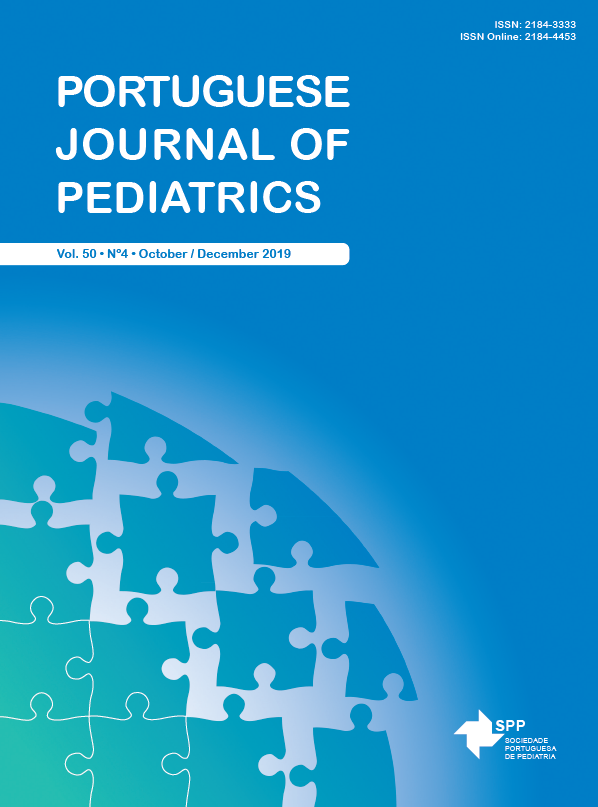Sleep Habits in Children With Attention Deficit Hyperactivity Disorder and the Impact of Methylphenidate
Date of submission: 03-02-2019 | Date of acceptance: 20-05-2019 | Published: 15-11-2019
DOI:
https://doi.org/10.25754/pjp.2019.17012Abstract
Inadequate sleep may determine neurocognitive deficits and sleep problems are frequently described in children diagnosed with Attention Deficit Hyperactivity Disorder. This association is most likely bidirectional, as Attention Deficit Hyperactivity Disorder may affect the sleep pattern and disrupted sleep may exacerbate executive dysfunction. Sleep can also be affected by methylphenidate, although the frequency and extent of this interaction are not well defined. This multicentric study aimed to characterize the sleep habits and the impact of MPH on sleep in children and adolescents diagnosed with Attention Deficit Hyperactivity Disorder. It involved 195 individuals enrolled in neurodevelopmental clinics that were assessed using a sleep questionnaire.
Among other sleep problems, our studied revealed that 20% of the respondents usually resist to go to bed, 28.7% use screen-based technology to fall asleep on a daily basis and 35.4% show difficulty getting out of the bed. Concerning the effects of methylphenidate treatment, more that 84% of the participants did not report differences regarding the time when they felt sleepy, the time they fall asleep or the number of nocturnal awakenings. These results suggest that methylphenidate does not affect the sleep pattern in most children and adolescents, even with higher dosing. Our findings do not support previous studies describing that methylphenidate increases insomnia and sleep problems, such as difficulty falling asleep.









